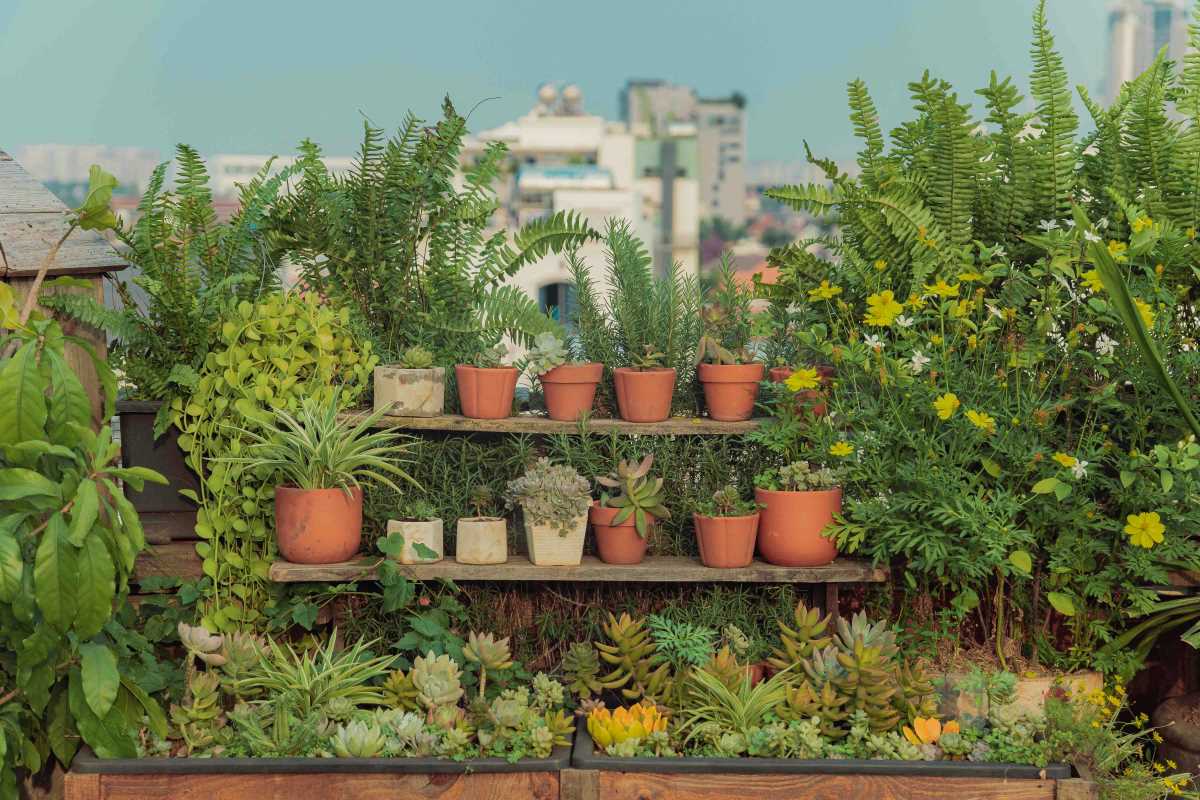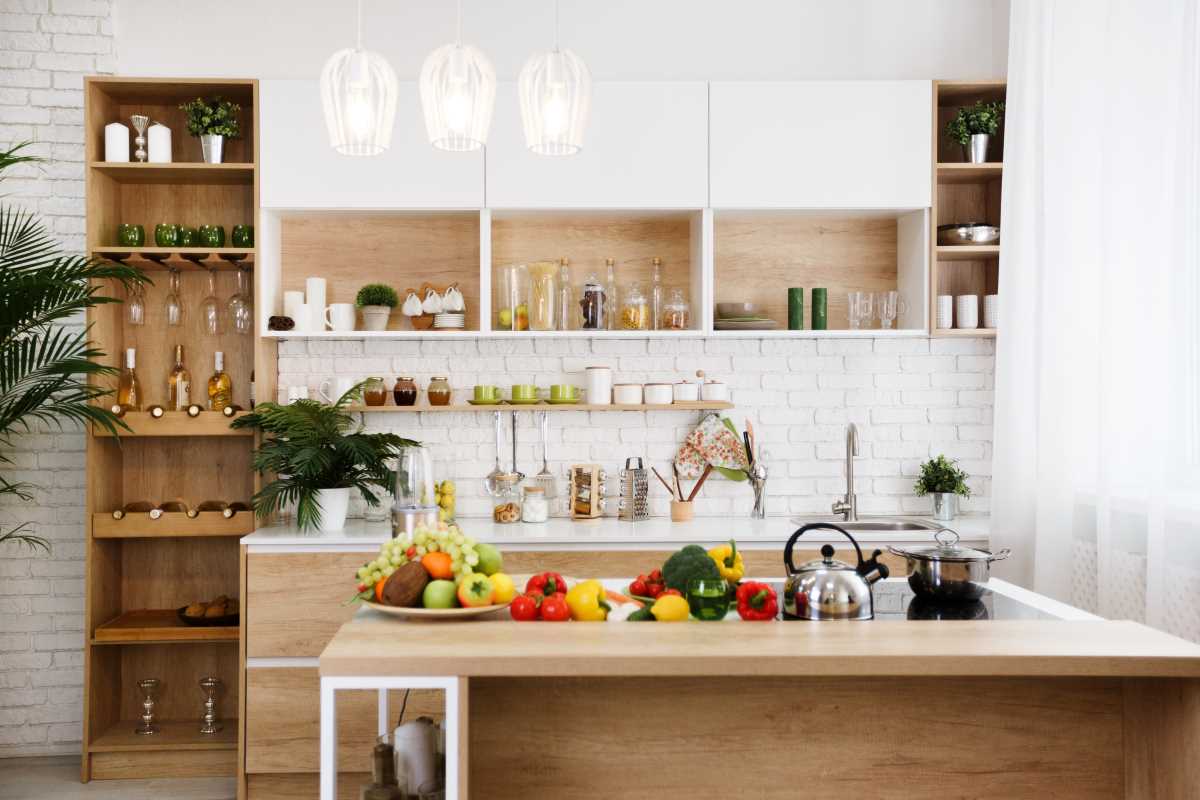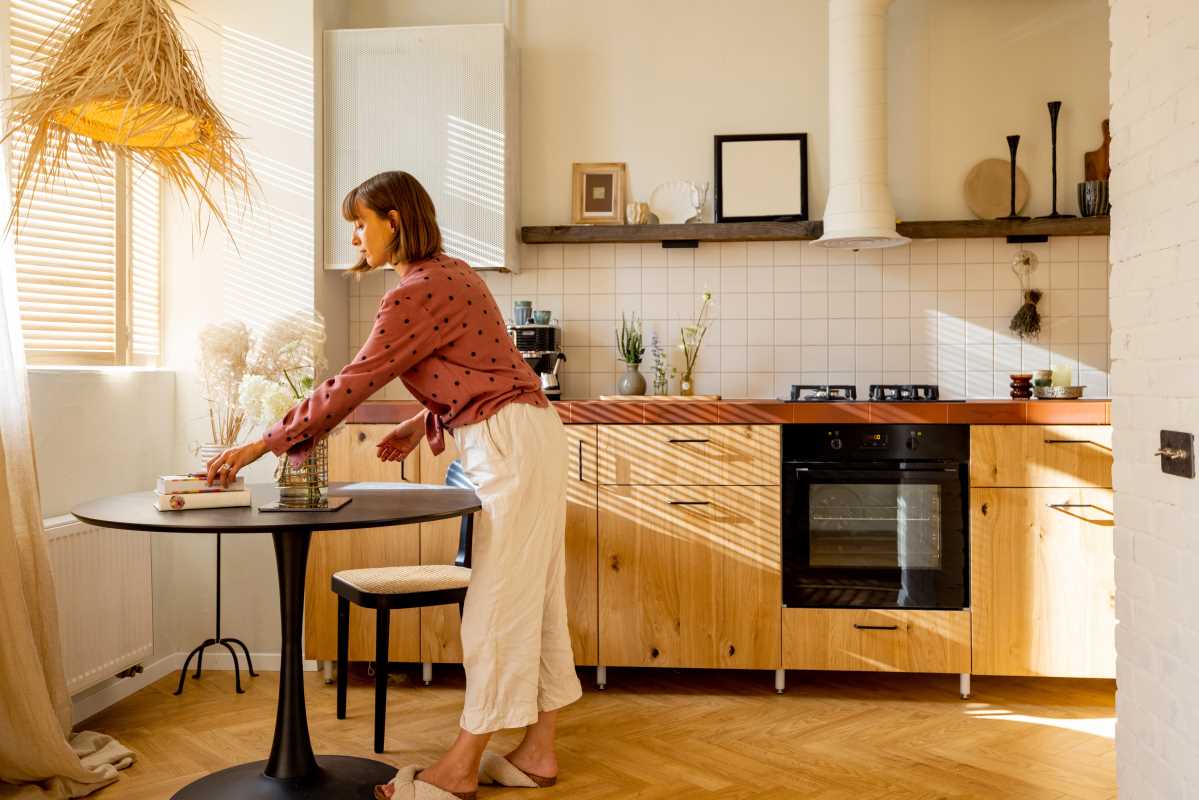Growing herbs on a small apartment balcony transforms your living space into a vibrant oasis of fresh flavors and lush greenery. Whether you're an experienced chef or simply enjoy cooking, cultivating a personal herb garden ensures you have immediate access to fresh ingredients whenever the culinary urge strikes. This delightful addition not only enhances your dishes but also revitalizes your outdoor area, infusing it with nature's charm and beauty. Amidst the hustle and bustle of city life, your balcony becomes a tranquil retreat, offering both aesthetic pleasure and practical benefits right at your fingertips.
Choosing the Right Herbs
Picking the right herbs is crucial for a successful balcony garden. Start with herbs that are known for being low-maintenance and adaptable to varying light conditions. Some excellent choices include basil, mint, rosemary, thyme, and parsley. These herbs are easy to grow and offer a variety of flavors that can enhance your cooking and culinary creations.
Consider the climate and sunlight availability on your balcony when selecting herbs. For instance, basil thrives in warm, sunny spots, while mint tolerates partial shade. Rosemary prefers full sun and well-drained soil, making it ideal for bright balconies. Assessing your balcony’s microclimate helps you choose herbs that will flourish in your specific conditions, ensuring a bountiful harvest throughout the growing season.
Container Selection and Preparation
Choosing the right containers is essential for the health and growth of your herbs. Keep the following key factors in mind:
- Size: Ensure your containers are large enough to accommodate the herb's root system as it grows. Generally, a pot with a diameter of 6-8 inches works well for most herbs.
- Drainage: Proper drainage prevents waterlogging, which can lead to root rot. Make sure your containers have drainage holes at the bottom.
- Material: Lightweight materials such as plastic or resin make it easier to move containers around, especially if your balcony has limited space or fluctuates in temperature.
- Placement: Consider where to place your containers based on sunlight exposure. Put sun-loving herbs where they can receive at least 6 hours of direct sunlight each day.
- Soil: Use a high-quality potting mix specifically designed for herbs or vegetables. Avoid using garden soil, as it may not provide adequate drainage and could harbor pests or diseases.
Proper preparation of your containers creates an ideal growing environment, helping your herbs flourish even in the constrained space of a balcony.
Optimizing Balcony Space
Maximizing the available space on a compact balcony requires creative solutions. Vertical gardening increases your growing area without cluttering the floor space. Install wall-mounted planters or use vertical shelves to stack multiple pots, allowing you to grow more herbs in the same footprint.
Hanging pots offer another great option, freeing up space on railings and fences. You can also utilize tiered plant stands that provide multiple levels for pot placement, making it easy to organize and access your herbs. Consider using railing planters that attach directly to your balcony's railings, providing extra planting space without taking up any floor area. These methods enable you to cultivate a variety of herbs while keeping your balcony neat and organized.
Watering and Maintenance Tips
- Establish a Watering Schedule: Different herbs have varying water needs. For example, basil prefers moist soil, while rosemary thrives in drier conditions. Create a watering routine that caters to each herb's requirements.
- Check Soil Moisture: Regularly inspect the soil to gauge moisture levels. Insert your finger about an inch into the soil; if it feels dry, it's time to water.
- Prune Regularly: Pruning encourages growth and prevents your herbs from becoming leggy. Remove any dead or yellowing leaves and snip back stems to promote bushier growth.
- Fertilize Periodically: Use organic fertilizers or compost to replenish soil nutrients. Feeding your herbs every few weeks supports healthy growth and robust flavor.
- Inspect for Pests and Diseases: Keep an eye out for common pests such as aphids or spider mites. Address any issues promptly by wiping leaves with a damp cloth or using natural insect repellents to maintain plant health.
By following these maintenance tips, you can enjoy a flourishing herb garden even in the most limited balcony spaces.
Enhancing Your Culinary Experience
Fresh herbs can elevate your cooking, adding vibrant flavors and aromas to your dishes. Growing your own herbs means you have instant access to freshly picked ingredients, enhancing everything from salads to gourmet meals. Imagine garnishing your dishes with sprigs of thyme or basil straight from your balcony garden—it’s a simple way to improve your culinary creations.
Transform your apartment balcony into a thriving herb garden by choosing suitable herbs, using the right containers, and maintaining them well. Enjoy the beauty and practicality of fresh, home-grown flavors in your cooking.
 (Image via
(Image via





